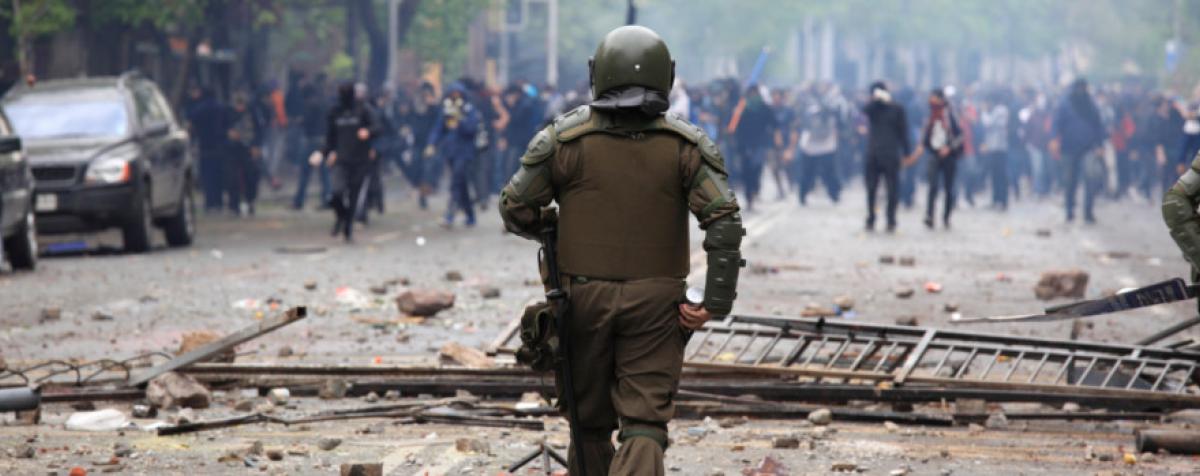Non-State Actors
A signature strength of the Sié Center is its attention to the roles of non-state actors in security. Our group activities in this area have generated new data sets and developed innovative concepts, and many of our faculty members attend to the roles of these actors in their individual research.
Related Faculty
Featured Research Areas
Civil Action, Civilian Protection and Non-Violent Events
With generous support from the Carnegie Corporation of New York, Sié Center faculty embarked on a collaborate effort to examine how non-violent action could affect the dynamics of violence. This effort had two components. The first led Sié Center faculty to engage with case study authors to produce an edited volume. The volume challenges research focused primarily on macro-narratives, states, and violent actions to understand conflict. Building on innovations in analyses of micro-dynamics, the roles of non-state actors, and the interaction between violent and non-violent actions, the volume examines the repertoire of civil action during conflict. In so doing, it highlights the non-violent agency of various groups and the mechanisms through which civil action can 1) create space to preserve or build relationships even in the midst of violence, 2) reduce levels of local violence, or 3) contribute to the resolution of the conflict.
The second component created a data set of non-violent action by non-state actors during civil wars in Africa. The effort aimed to correct against a bias toward the identities, attributes, and violent behavior of armed actors and attend to the various actors who use nonviolent methods to shape the intensity and variation of violence. The Nonviolent Action During Civil Wars in Africa dataset (NVAVC) develops a set of events and traces their occurrence in the context of African civil wars from 1990-2021. The framework provides a powerful tool for future researchers categorize various types of nonviolent action, and the data provide important evidence that such efforts are worthwhile.
Private Security
Building on Deborah Avant’s long-standing research this area, the Sie Center initially collaborated with the Geneva-based Center for the Democratic Control of Armed Forces (DCAF) to produce the Private Security Monitor (PSM). After 10 years in operation, the PSM has been discontinued due to technical difficulties. Information about the industry’s regulation can be found on DCAF’s Private Security Governance Observatory. Information on research surrounding this industry is also available from the Forum for Private Security Research and the Consortium on Gender, Security, and Human Rights.
The Sie Center also produced the Private Security Events Database (PSED), which provides information on events related to private military and security companies in Africa, Latin America and Southeast Asia. It collects information on the services private military and security companies (PMSCs) provide, the clients they work for, and the consequences of their actions.
